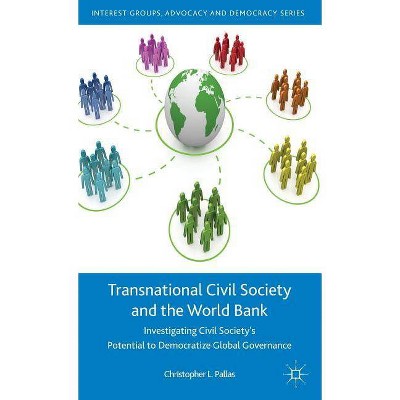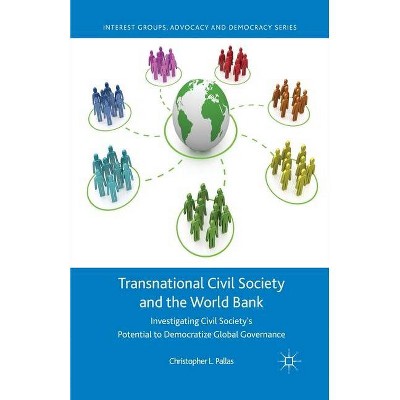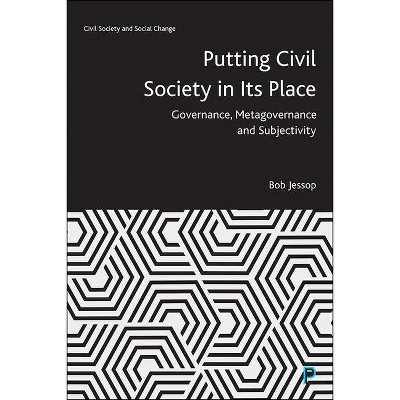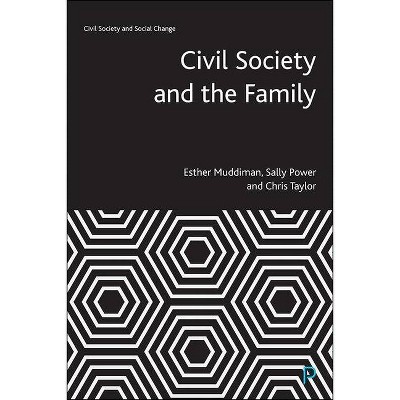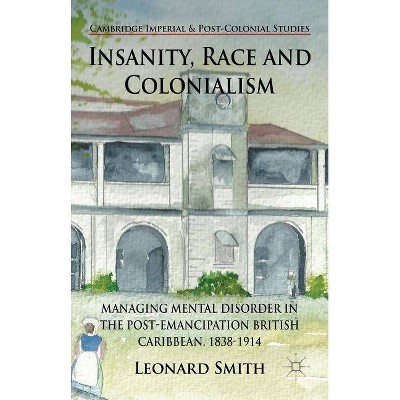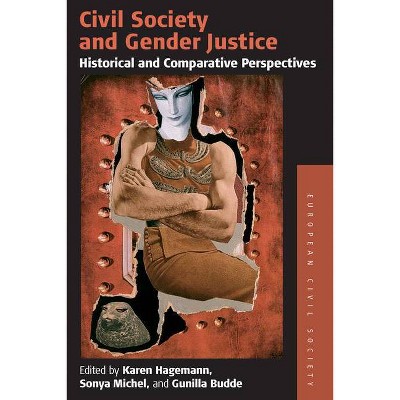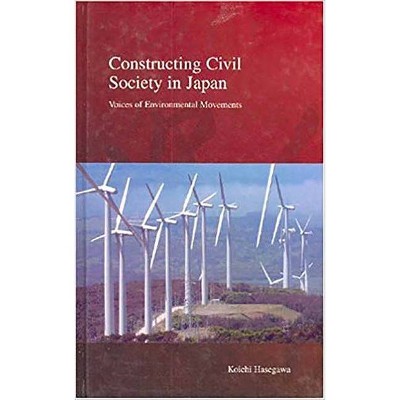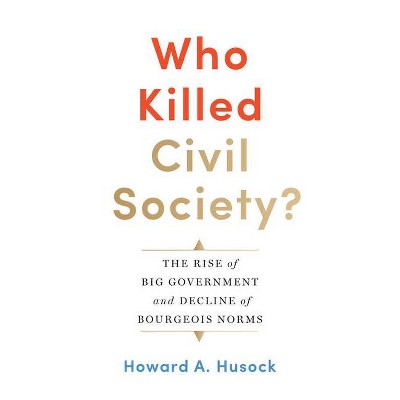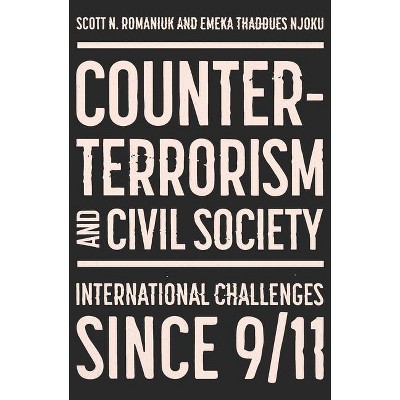Civil Society, Post-Colonialism and Transnational Solidarity - by Marie-Violaine Louvet (Hardcover)
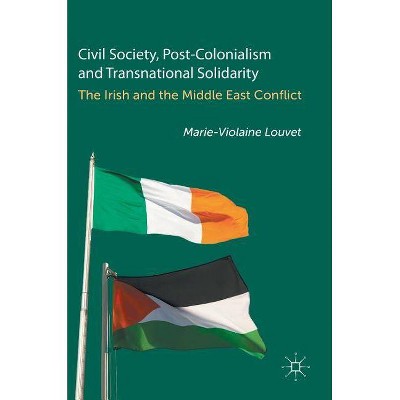
Similar Products
Products of same category from the store
AllProduct info
<p/><br></br><p><b> About the Book </b></p></br></br>Civil Society, Post-Colonialism and Transnational Solidarity originates from Louvet's observation of the strong commitment of a layer of Irish civil society- from the man on the street to political parties, associations and trade unions- to the defence of one antagonist or the other in the Israeli-Palestinian conflict, beginning with the Six Day War in 1967 and increasingly so after the Lebanon Wars at the start of the 1980s and the Second Intifada (2000-2005). This book observes how this phenomenon is particularly striking in Northern Ireland, where Israeli and Palestinian flags have been flown by Unionists and Nationalists as signs of solidarity and identification. Louvet sheds light on the dynamics and strategies at play in the Middle East conflict in Northern Ireland but also in the Republic of Ireland, a country considered to be widely sympathetic to the Palestinian cause. With an overarching perspective highlighting the influence of Irish colonial history over the motives and discourse of the different levels of mobilization in civil society, this book shows the global movement towards the fragmentation and specialization of transnational solidarity actions in Ireland. .<p/><br></br><p><b> Book Synopsis </b></p></br></br><p><i>Civil Society, Post-Colonialism and Transnational Solidarity </i>originates from Louvet's observation of the strong commitment of a layer of Irish civil society- from the man on the street to political parties, associations and trade unions- to the defence of one antagonist or the other in the Israeli-Palestinian conflict, beginning with the Six Day War in 1967 and increasingly so after the Lebanon Wars at the start of the 1980s and the Second Intifada (2000-2005). This book observes how this phenomenon is particularly striking in Northern Ireland, where Israeli and Palestinian flags have been flown by Unionists and Nationalists as signs of solidarity and identification. Louvet sheds light on the dynamics and strategies at play in the Middle East conflict in Northern Ireland but also in the Republic of Ireland, a country considered to be widely sympathetic to the Palestinian cause. With an overarching perspective highlighting the influence of Irish colonial history over the motives and discourse of the different levels of mobilization in civil society, this book shows the global movement towards the fragmentation and specialization of transnational solidarity actions in Ireland. </p> <p> </p><p/><br></br><p><b> Review Quotes </b></p></br></br><br>"The book's structure is lucid and logical: it charts the historical origins of anti-Israeli protest groups in Ireland, and the extraordinary success that small groups had in changing the public discourse from one of sympathy with Israel as another small nation to one of suspicion and overt hostility. ... will be of great interest to social movement theorists as Louvet breaks new ground in uncovering the various transnational strands of activism and thought that underpin the anti-Israeli lobby in Ireland." (Cillian McGrattan, Irish Political Studies, Vol. 33 (1), August, 2017)<br><p/><br></br><p><b> About the Author </b></p></br></br><p>Marie-Violaine Louvet is a Lecturer at Toulouse 1-Capitole University, France. She graduated from the Ecole Normale Supérieure de Cachan and is a holder of the Agrégation d'anglais. She completed her PhD in 2013 at Paris 3-Sorbonne Nouvelle University. Her research focuses on Ireland and transnational solidarity movements with the Middle East in the twentieth and twenty-first century.</p>
Price History
Price Archive shows prices from various stores, lets you see history and find the cheapest. There is no actual sale on the website. For all support, inquiry and suggestion messagescommunication@pricearchive.us
